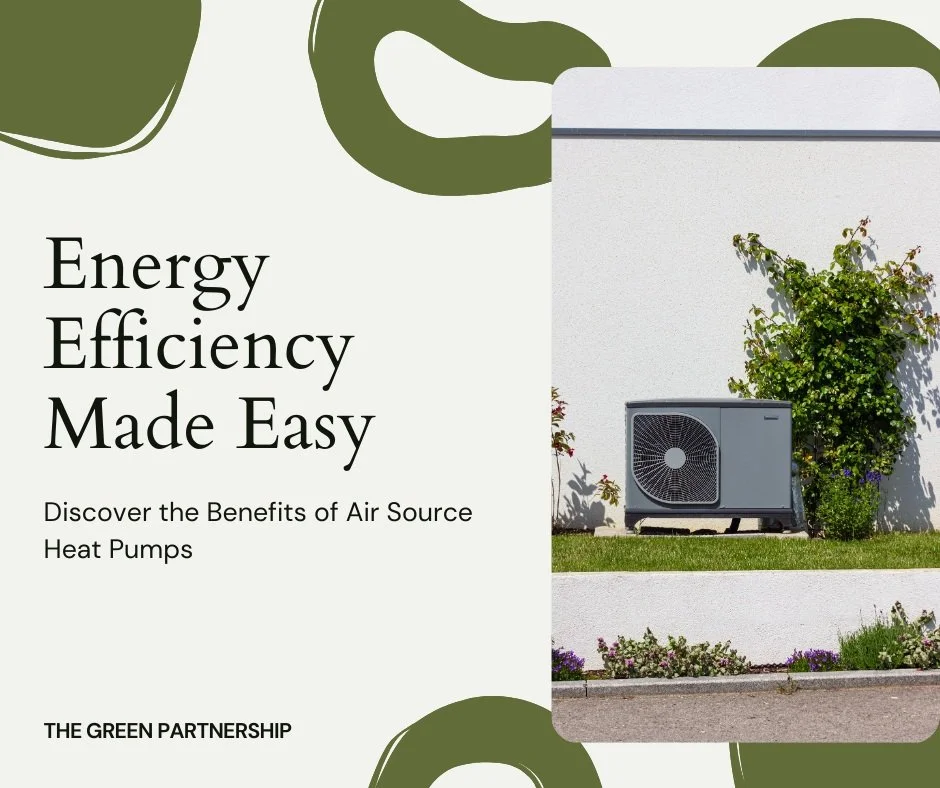
To receive a free quote, please fill out the inquiry form below. Our team will contact you to answer your questions and explain our installation process.
If you’re satisfied with our proposal, we’ll schedule a technical survey and provide a customised design for your air source heat pump and solar panel system.
Thank you for considering our services.
Fill out some info and we will be in touch shortly! We can't wait to hear from you!
Testimonials


